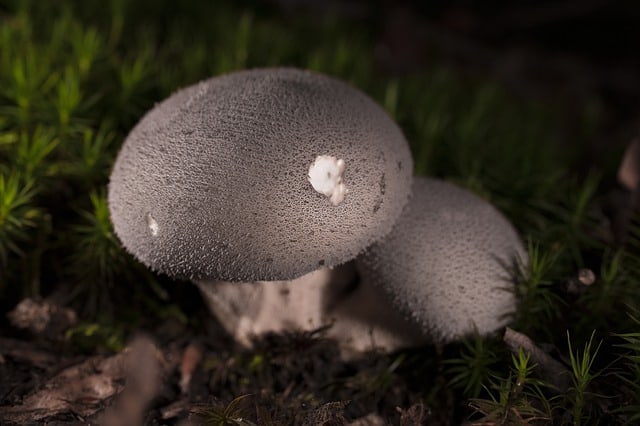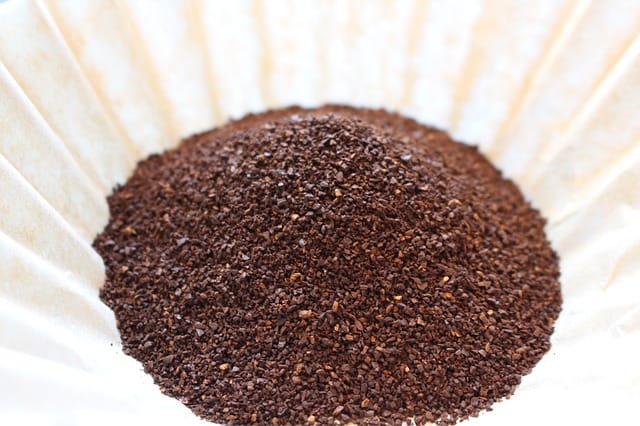It’s no secret that alligators are in the Florida area. But how often do you think about what to do if you find one in your backyard pond or other water sources? Here are some tips on what to know and how to prepare. You might be surprised by just how common it is!
Do Alligators Live in Ponds?
Due to their ability to adapt to changing conditions as well as their need for fresh supplies of water, alligators could theoretically live in almost any body of water large enough to hold them. If you have a pond that’s big enough to fit one, then alligators may very well take up residence in it.
This is especially true if a pond faces a direction that allows it to receive ample supplies of sunlight since alligators need to be exposed to plenty of sun to help them metabolize food.
Do Alligators Move from Pond to Pond?
Alligators will constantly move from pond to pond as temperature and sunlight levels change. They’ll also move whenever they either end up competing with other animals or have to compete with one another for food and other resources.
Over the course of a single season, many ponds actually dry up. This is especially true of artificial retention areas that don’t consist of natural ponds.
As a result, alligators might also be forced to move to other ponds by changing water levels.
How Did an Alligator Get in My Pond?
Most likely, the alligator simply crawled in when you weren’t around to watch. Although they’re thought of as slow and lumbering, alligators are usually able to get into places without being noticed.
Retention ponds that have dug drainage areas are particularly attractive to alligators since they can climb inside of these pipes and make their way into them. Residential ponds with powered-down waterfalls are also a favorite, because alligators may be able to swim up the feed tube.
How Do I Get Rid of Alligators in My Pond?
Waiting is probably your best bet since alligators will usually leave on their own. If you have a problem gator, then try these tips:
- Take away any source of leftover food, like the sort used to feed koi
- Install a strong fence to prevent alligators from climbing in
- Put an enclosure around any ponds or fish reserves
- Use an ammonia-based repellent
- Clean up after barbecues and other events
- Move or eliminate prey species that attract gators
- Plug holes that they can get through
- Drain water if at all possible
- Mow down lawns that could provide cover
- If all else fails, then call a professional
How Long Can Alligator Stay Out of Water?
Since they breathe air and only go into the water to look for food or hide, alligators can stay out of water for as long as they’d like to. They could live on dry land indefinitely if it’s humid enough.
When things get completely dry, though, they don’t normally want to stay out of water for more than a few days. Keep in mind that mud is often wet enough to substitute for water.
Can I Kill an Alligator on My Property in Florida?
State law stipulates that it’s a third-degree felony to kill or otherwise injure a wild alligator in Florida. Nuisance alligators may be dealt with by those who have special trapping or farming licenses.
The Florida Fish & Wildlife Commission asks concerned individuals to call a special nuisance hotline instead of coming into contact with protected animals.
Can I Kill an Alligator on My Property in Louisiana?
Louisiana Department of Wildlife & Fisheries asks individuals to report nuisance alligators since individuals usually can’t simply kill one on their property. However, those who want to kill an alligator personally will need to possess an appropriate license, which is offered only to state residents.
How Much Does it Cost to Have an Alligator Removed in Florida?
It generally costs around $50-200 to have an alligator removed, depending on how far back the animal is on your property and how far the removal crew has to go to get there.
What Do Pond Alligators Eat?
Pond alligators will eat any small prey that they can find in your pond, which normally includes some species of frogs, birds, and fish. More concerning is the fact that they’ll also eat any scraps of human food you leave around your yard.
Is it Safe to Swim With Alligators?
It’s not normally safe to swim in the same area as an alligator, and it’s also potentially unlawful in areas that have regulations against approaching alligators. Most wild ones will flee as soon as they see a human coming anyways.
What Should You Do if an Alligator Attacks You in Your Pond?
Alligator attacks are extremely uncommon, but you’ll want to keep these in mind just in case:
- Run, if possible, since alligators can’t give chase for very long on land
- Get out of the water since they prefer an easy meal
- Make noise and throw a tantrum so you can make it difficult for them to latch onto you
- Hold the snout shut if it’s not on you, as alligators have little ability to open it back up after it latches shut
- Fight back with all the strength you have and the alligator will likely just give up
What to Do if You See an Alligator While Kayaking in Your Pond?
You can usually simply avoid it since any pond that attracts both alligators and provides room for kayaking is normally large enough to keep space between the two of you. Normally, alligators will flee if they see kayaks, and it’s important to avoid showing too much fear.
How Do You Tell if There Is an Alligator in the Water?
Be very still for a moment or two and look for any objects on or under the water that look slightly irregular. When alligators stop moving, they usually look like driftwood, but you can make out their distinctive snouts and legs.
Look for trails of water, as well, which are telltale signs that an alligator is moving underneath.


